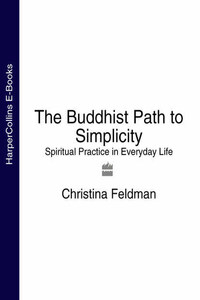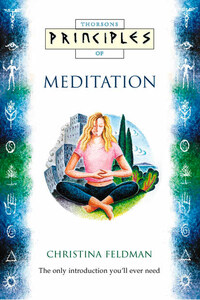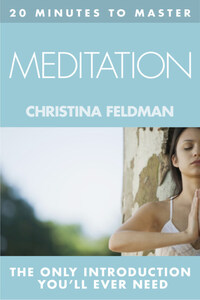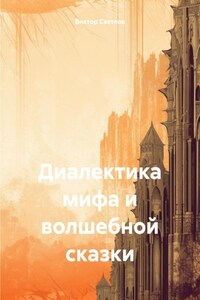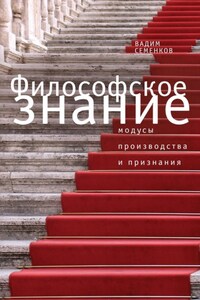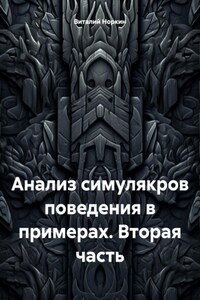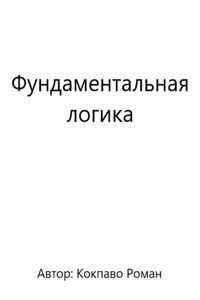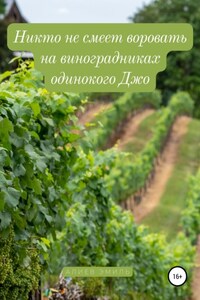THE
Buddhist Path to Simplicity
Spiritual Practice For Everyday Life
CHRISTINA FELDMAN
Thorsons
An Imprint of HarperCollinsPublishers Ltd.
1 London Bridge Street
London, SE1 9GF
www.harpercollins.co.uk
Thorsons is a trademark of HarperCollinsPublishers Limited.
First published 2001
© Christina Feldman 2001
Christina Feldman asserts the moral right to
be identified as the author of this work
A catalogue record for this book
is available from the British Library
All rights reserved under International and Pan-American Copyright Conventions. By payment of the required fees, you have been granted the nonexclusive, nontransferable right to access and read the text of this ebook on-screen. No part of this text may be reproduced, transmitted, downloaded, decompiled, reverse engineered, or stored in or introduced into any information storage and retrieval system, in any form or by any means, whether electronic or mechanical, now known or hereinafter invented, without the express written permission of HarperCollins ebooks
Every reasonable effort has been made to seek the permission of the copyright holders and publishers whose work has been quoted herein. The publishers would be interested to hear from any copyright holders who have not been acknowledged.
HarperCollinsPublishers has made every reasonable effort to ensure that any picture content and written content in this ebook has been included or removed in accordance with the contractual and technological constraints in operation at the time of
Source ISBN: 9780007119073
Ebook Edition © NOVEMBER 2012 ISBN 9780007483334 Version: 2018-06-19
IN our modern consumer society, many people long for greater simplicity and freedom. In a world of strife and conflict, many long for forgiveness and compassion.
You hold in your hands a reminder that this is truly possible. Christina Feldman’s gracious invitation to freedom is like the flower held in the hand of the Buddha. She reminds us that the beauty we seek is at hand … if only we can remove the dust from our eyes and step out of the palace of illusion.
To do so asks of us a few simple, sacred tasks. To look at the sorrows of the world with eyes of compassion for ourselves and others. To learn the art of trust and letting go. To discover the beauty of the middle way. To remember that like the Buddha, we can rest in a peaceful heart, halfway between heaven and earth, without judging, grasping, or fearing.
From this sacred middle way, we see that we are not separate from all that lives. From this awakened presence, natural care and integrity are born. In any moment this flower of awakening and simplicity beckons to us. May you listen to these words with care and find their truth in your own heart.
JACK KORNFIELD
Spirit Rock Meditation Center
Woodacre, California
2001
We accept the graceful fallingOf mountain cherry blossoms,But it is much harder for usTo fall away from our ownAttachment to the world ZEN
WE frequently long for a simpler life, to find those moments when we can sit beneath a tree and listen for one wholehearted moment. We yearn to find the space to attend to our own inner rhythms and messages, the space to reflect upon the direction of our lives and to be touched by the subtle changes of each passing moment. We long to find the space to listen to another person and to our own hearts with total attention. Intuitively, we know these spaces teach us about what is significant, about how to find our path in this world, what nurtures us and how to be touched by the world around us.
Moments of stillness and genuine simplicity offer us glimpses of what it means to live in a sacred and free way. We know we do not need yet more sounds, thoughts, experiences, possessions, or attainments. We have had so many and they fail to quench our thirst for freedom and stillness. They do not make us happier, more free or compassionate. Instead, we discover that the clutter of our lives and minds entangles us in an escalating cycle of haste, alienation, and exhaustion.
In our hearts we know that genuine freedom is much deeper than a permission to have more, accumulate more, or become more. Freedom is the ability to live in such a way that there is no sense of imprisonment. To be free in our lives is to live authentically, embodying creativity, wisdom, and compassion in all dimensions of our lives. Freedom implies a genuine understanding of the source of happiness, the end of despair and conflict. Freedom and simplicity are close companions; simplicity teaches us the ways to release the layers of complexity and confusion that blind us. In their falling away we discover the innate vastness of freedom within us.
We are the most materially affluent of all generations. In pursuit of the “good” life, we have the possibility of more possessions, attainments, and choices than ever before. We are also a generation of great despair, alienation, and unhappiness. We tend to be hoarders, amassing, accumulating, and gathering endless stockpiles of “stuff,” inwardly and outwardly, which itself becomes a source of anxiety and tension. The clutter we accumulate, the endless possessions that no longer serve us, the distractions that fill our days, the incomplete conversations and relationships, the long list of things we “meant” to do, take over our lives, our homes, and our hearts.
